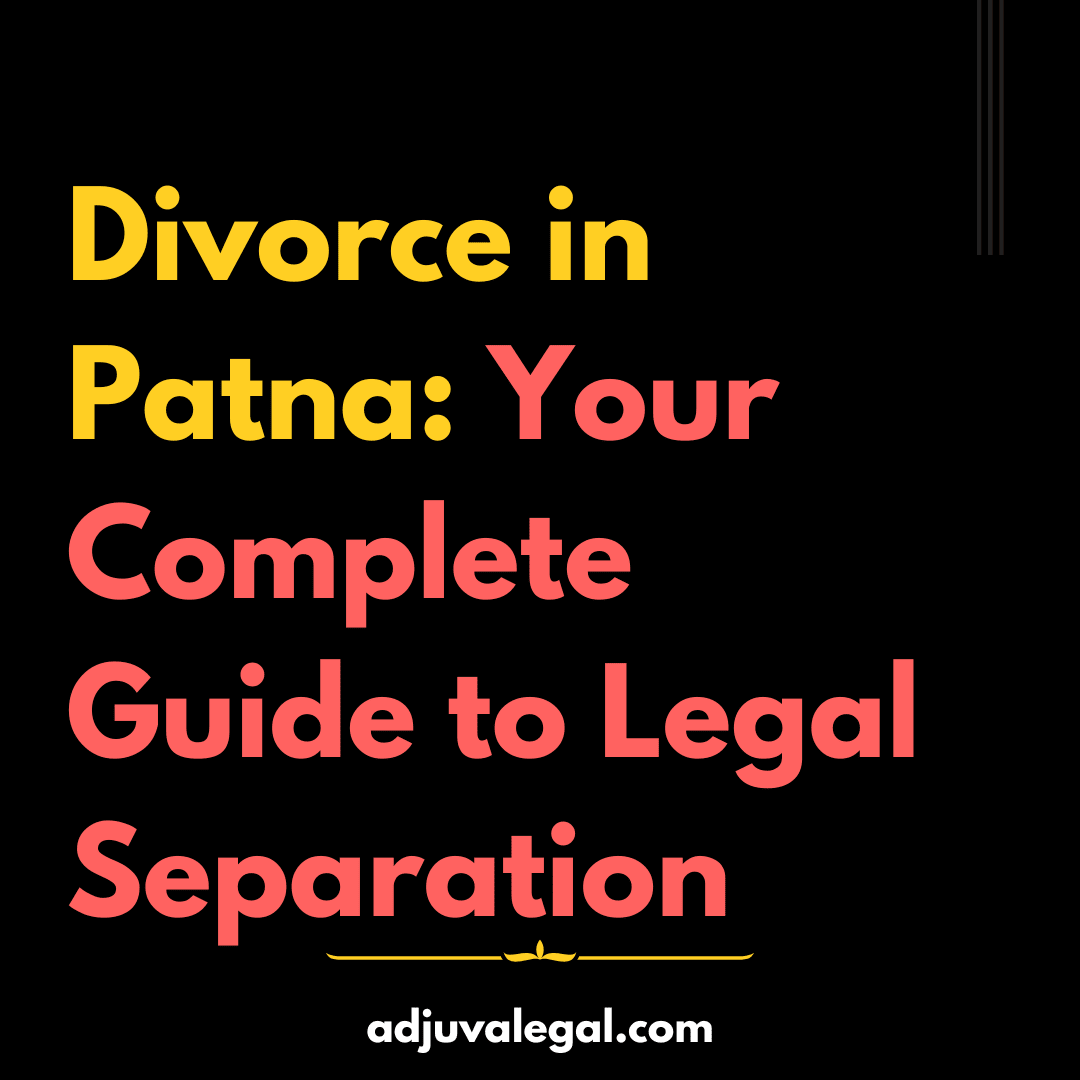Introduction
The Eti Tyagi vs. Prince Tyagi case of 2023 has highlighted the potential of the Memorandum of Understanding (MoU) in shaping family dispute outcomes. As the legal world sees an evolution, the MoU stands tall, promising couples a way out of their dilemmas, all while protecting their rights, dignity, finances, assets and children.
Why MoUs are Changing the Game in Divorce
In an era where personal disputes can get trapped in lengthy legal battles, MoUs offer a breath of fresh air. Here’s why:
- Personal Autonomy: It allows couples to take charge of their futures, without the dispute being unduly influenced by external parties.
- Dignity Intact: With the focus on amicable resolutions, MoUs ensure that couples can part ways without public mud-slinging.
- Flexibility: Unlike rigid court decrees, MoUs can be tailored to the unique needs and preferences of the couple involved.
The Role of MoU in Eti Tyagi vs. Prince Tyagi
When the Tyagis faced the stress of their divorce, their MoU became their saviour. The document:
- Emphasised Free Will: Both parties, well-educated and employed, willingly formed this agreement, showcasing the MoU’s power in preserving each spouse’s own desire and will.
- Gained Judicial Recognition: The MoU’s essence, focused on the right to live with dignity (Article 21 of the Constitution of India), received the court’s endorsement. It supported the idea that amicable settlements should be free from excessive judicial intervention.
Why Every Disputed Couple Should Consider an MoU
If you’re facing challenges in your marriage:
- Prioritise Dialogue: Before stepping into lengthy legal battles, consider dialogues and mediations to arrive at a mutually beneficial MoU.
- Seek Legal Counsel: While MoUs are about mutual agreement, it’s crucial to have legal experts draft and review the document (like we do), ensuring all aspects are covered.
- Welcome the New Wave: With cases like Eti Tyagi vs. Prince Tyagi setting precedents, it’s clear that MoUs are becoming the preferred choice for many couples. In fact, we prepared 85% more MoUs than a petition.
Conclusion
The Eti Tyagi vs. Prince Tyagi case is for couples who are trying to get a divorce by mutual consent, showing them the power and potential of MoUs. For those searching for a dignified, efficient, and customised resolution to their marital sufferings, an MoU could be your lifeline.
Ready to draft your MoU? Reach out to expert legal consultants today and launch on a journey towards a peaceful resolution.







